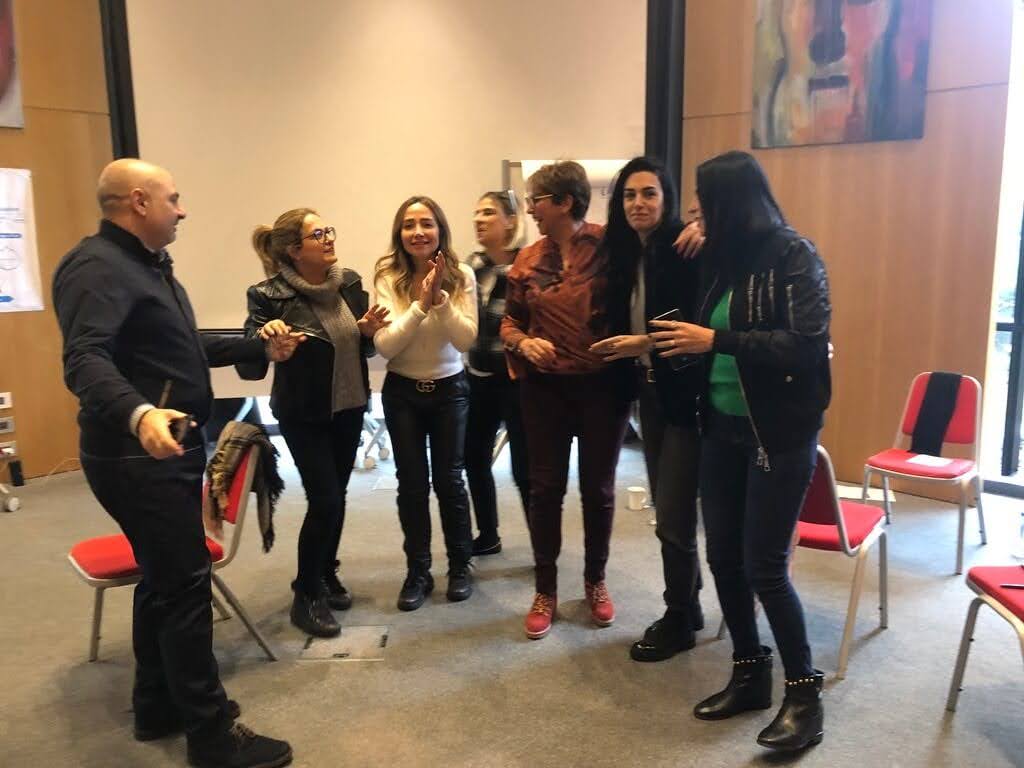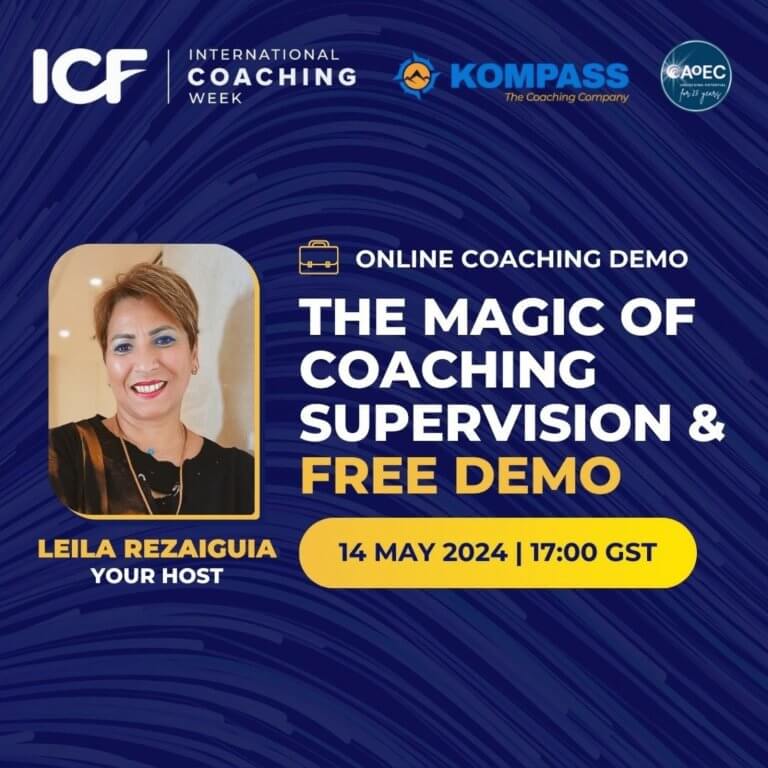Becoming an ICF certified coach isn’t easy, but it’s a worthwhile undertaking if you want to make a significant impact on people’s lives while gaining professional recognition. The International Coaching Federation (ICF) is recognized for its ethics and practice standards in helping accredited coaches provide high-quality and meaningful services to their clients.
Getting this certification not only validates your coaching skills but also makes you stand out as a reliable coach in the industry. As a provider of coaching programmes, we at Kompass Consultancy have created a step-by-step guide on how to become an ICF certified coach in Abu Dhabi or the UAE as a whole to simplify your application process.
9 Steps to Become an ICF Coach in the UAE
Step 1: Learn About The ICF Certification
Before you begin the certification process, know the essential qualifications. You should have an in-depth understanding of the type of coaching you intend to excel in. We advise you to research the role, the benefits you’ll aim to provide, core competencies, and ICF’s code of ethics. Once you know the foundation of what you will do, you can align your skills with the ICF standards.
Step 2: Get Coach-Specific Training
There are different types of coaching, and every type has coach-specific training hours. Whether you want to become a professional coach, part-time coach, or an ICF certified executive coach in Dubai, you should qualify for the coaching course you want to follow.
For example, a diploma in coaching will differ from certification training. The toolbox of skills, topics covered, and the time required to achieve a diploma course may vary from that of a certificate course. Be mindful of the type of course you select and be sure that it is an ICF-accredited coach-training program.
Step 3: Make Sure To Meet The Coaching Hours
To become an ICF certified coach, you need to fulfil the specified coaching hours as stipulated in the standards. These hours may include both pro bono and paid coaching sessions. We suggest that you keep track of the coaching sessions and hours to validate your training.
Step 4: Select Your ICF Certification Level
There are three levels of ICF certifications, starting with Master Certified Coach (MCC), Professional Certified Coach (PCC), and Associate Certified Coach (ACC).
You can choose the ICF certification level based on your training, goals, and coaching experience. It would be best to know the specific requirements before you enrol.
Step 5: Select Mentor Coaching
If you plan on attaining higher levels of certifications, you will most definitely benefit from this step. Through mentor coaching, you will get guidance and training from experienced ICF certified coaches. With their feedback, you’ll be able to hone and sharpen your coaching skills.
Step 6: Prepare for the ICF Credentialing Exam
To reach the PCC and ACC levels, you must pass the ICF Coach Knowledge Assessment (CKA) which tests your coaching ethics, core competencies, and principles. You’ll need to review ICF’s CKA blueprint along with other study materials to be fully prepared for this exam.
Step 7: Submit Your Coaching Application
Be sure to complete the coaching application process on the ICF official website. Here, you will fill in details such as coaching hours, ICF mentor coaching, training, and more. Note that your application will only be valid after you’ve forwarded all the necessary documents and met all the criteria for eligibility.
Step 8: Wait For The Approval
Once you’ve submitted your official application, ICF UAE will review and verify if your supporting documents meet the standards of the selected certification level. While this process may take a few weeks, we advise you to be patient.
Step 9: Renew Your Credential
ICF certifications for coaching have a three-year validity. You will need to renew your credentials upon expiration by showing proof of your professional development and coaching practice. We encourage you to stay up to date with coaching trends so that you continue to grow and excel in your coaching career.
Final Thoughts on How to Become an ICF Certified Coach in the UAE
Becoming an ICF certified executive coach in Dubai and Abu Dhabi is rewarding but it’s a journey that requires training, commitment, and genuine dedication to the chosen field of expertise. By following this step-by-step guide, you can confidently accomplish and pass all the requirements to earn an ICF certification. Upon approval of your application, you can venture into a fulfilling career as an ICF certified coach with the capacity to positively influence individuals and organisations in the UAE and beyond.







